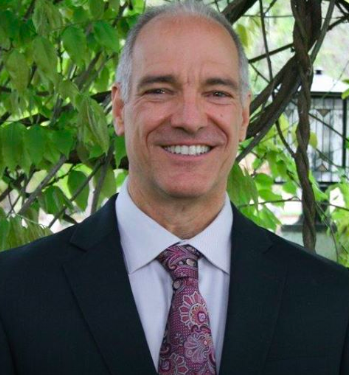199: How to Acquire the Ultimate Asset: Happiness

Podcast: Download
“Be careful what you wish for, lest it come true!” The origin of this saying is Aesop’s Fables (circa 260 BC), not a modern country singer as some might think. Either way, it is a powerful statement when it comes to financial wealth.
You see, I talk to hard working, high paid professionals every day and many aspire to retire. They believe that they would be much happier if they could make enough money to quit their job. But is that really true? It may be more complicated than you think.
As you may know, I quit my “job” as a surgeon almost three years ago. I would not call myself retired but I am most certainly retired from medicine.
Do I miss it? Well, I have to say that I rarely think about operating so the answer is no. However, I do miss certain sensations associated with that time in my life.
I miss doing things with my hands. I don’t think about operating anymore but I do miss the sensation of being completely absorbed in a physical task and trying to do it perfectly. I remember the feeling of being lost in my own world completely detached from any other concerns in life. The only other time I really felt that way was when I played ice hockey as a kid.
In addition, I miss having a well-defined routine that I can’t cancel on a whim. There is a certain comfort in the monotony of a strict schedule and being needed that is not appreciated until it’s lost.
I also miss interacting with people in a work setting. I used to go into an office every morning and bond with people. These days, I spend most of my days working by myself and, when I do speak to others, it is usually over the phone and all business.
Now don’t get me wrong. I don’t want that old life back anymore. However, I am trying to figure out how to have my cake and eat it too! That is to say, the feeling of flow (being lost in work), routine, and community are all important elements of feeling happy. If you recognize that you are missing these things in your life, that’s great news because you can actively do something about it and improve your sense of wellness.
That’s what I want to do myself. Right now though, I am in the data collection phase. I am a scientist at heart. I need to define, at a physiological level, what exactly happiness is. Is it ultimately a function of dopamine and serotonin that result in certain electrical activities in various parts of the brain? If so, what kinds of things alter that activity? I’ll let you know when I understand this stuff better myself.
In the meantime, I’m relying on the experts in the field to help me establish a larger framework for this thing called happiness. After all, what’s all this money we are making for anyway? Money can buy happiness to a certain extent and science has evidence for that. But it can’t take you to the next level.
I have realized recently that in order to get to that next level of holistic wealth (aka happiness), it will require the same level of education and diligence as it requires to become financially wealthy.
That’s what I need to do and I hope that you will be inspired to join me over the next year as we put further emphasis on this topic of positive psychology into the Wealth Formula milieu.
If you want to start working on this stuff in a meaningful way, listening to this week’s Wealth Formula Podcast interview with Joel Wade would be great way to start. Listen HERE!
P.S. I’ll be talking about happiness at our upcoming Wealth Formula Meetup in Phoenix on April 24th-25th! Make sure to sign up for the event at WealthFormulaEvents.com

Joel F. Wade, Ph.D. is Marriage and Family Therapist and Life Coach, and the author of The Virtue of Happiness and Mastering Happiness
Shownotes:
- What is Joel’s definition of Happiness?
- Is Happiness Physiological or Psychological?
- Can you train your brain to be happy?
- What is Flow?
- Joel talks about the difference between achieving happiness as an adult vs achieving happiness as a kid
- The Mastering Happiness Podcast
- drjoelwade.com
 Send Buck a voice message!
Send Buck a voice message!




